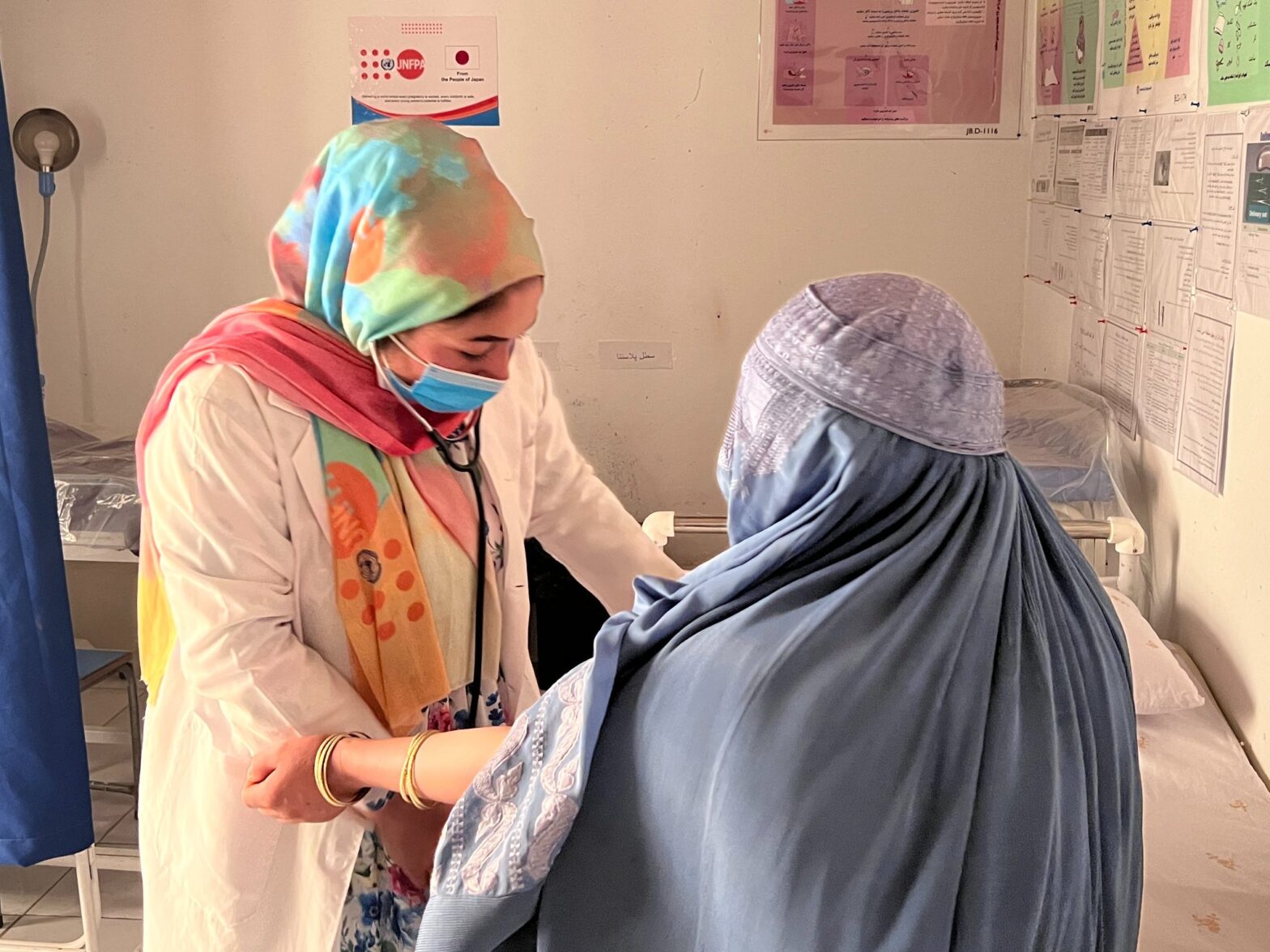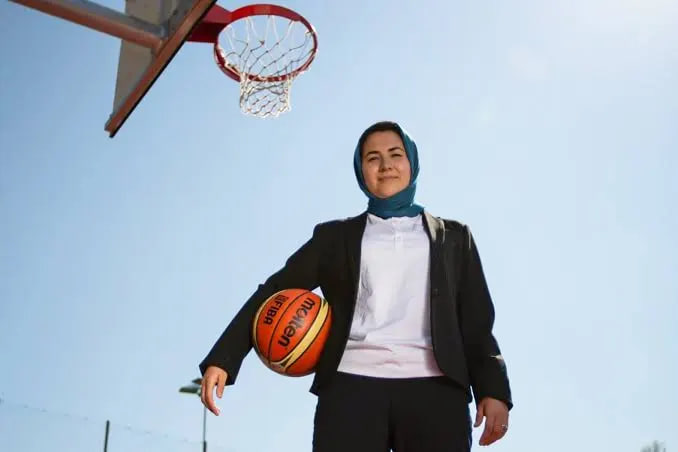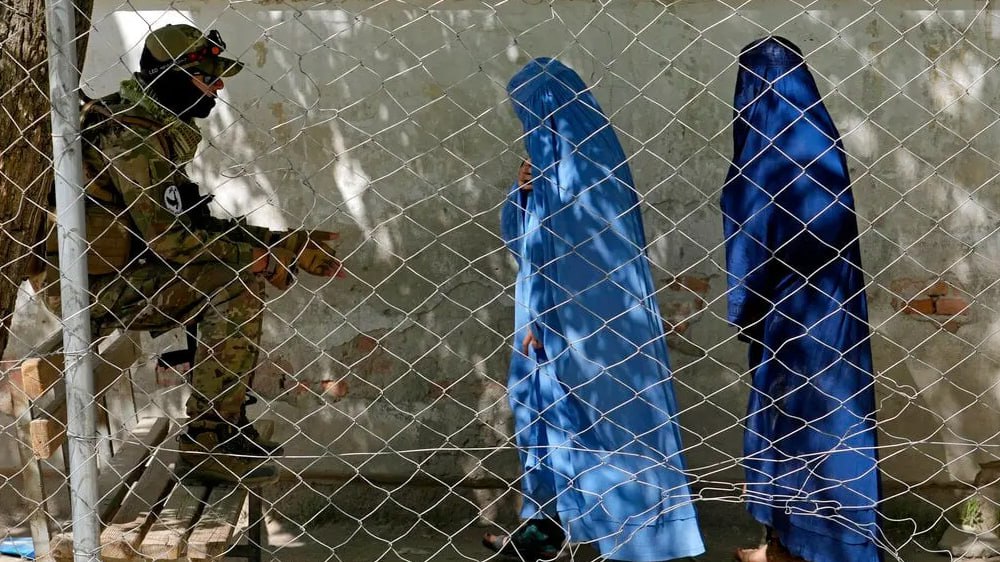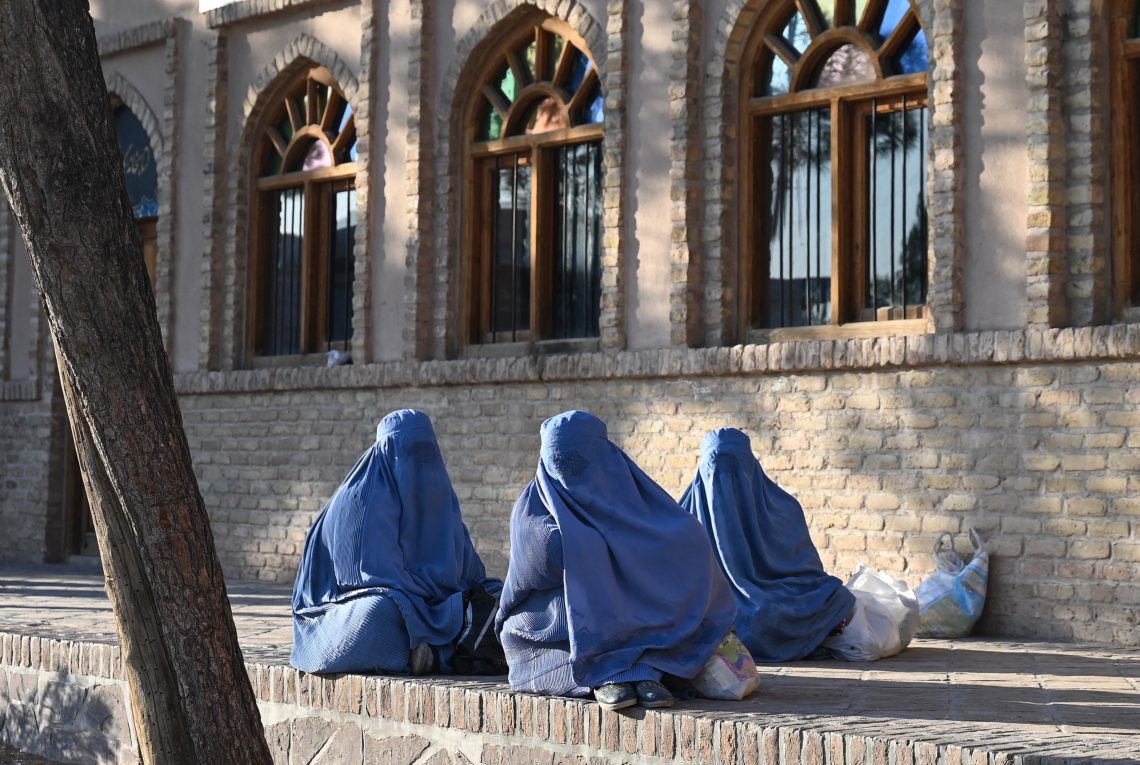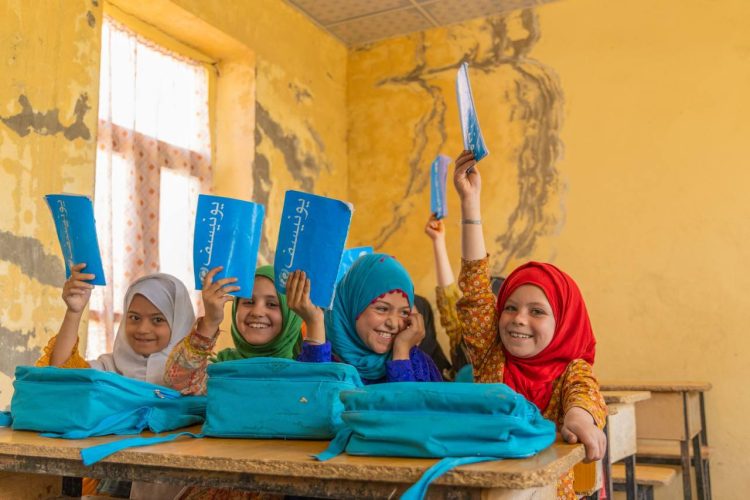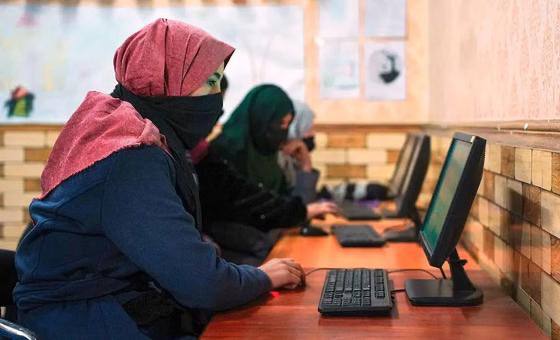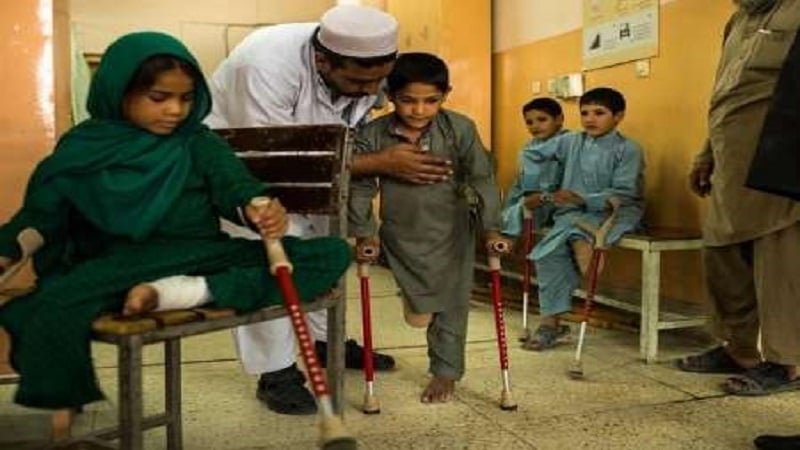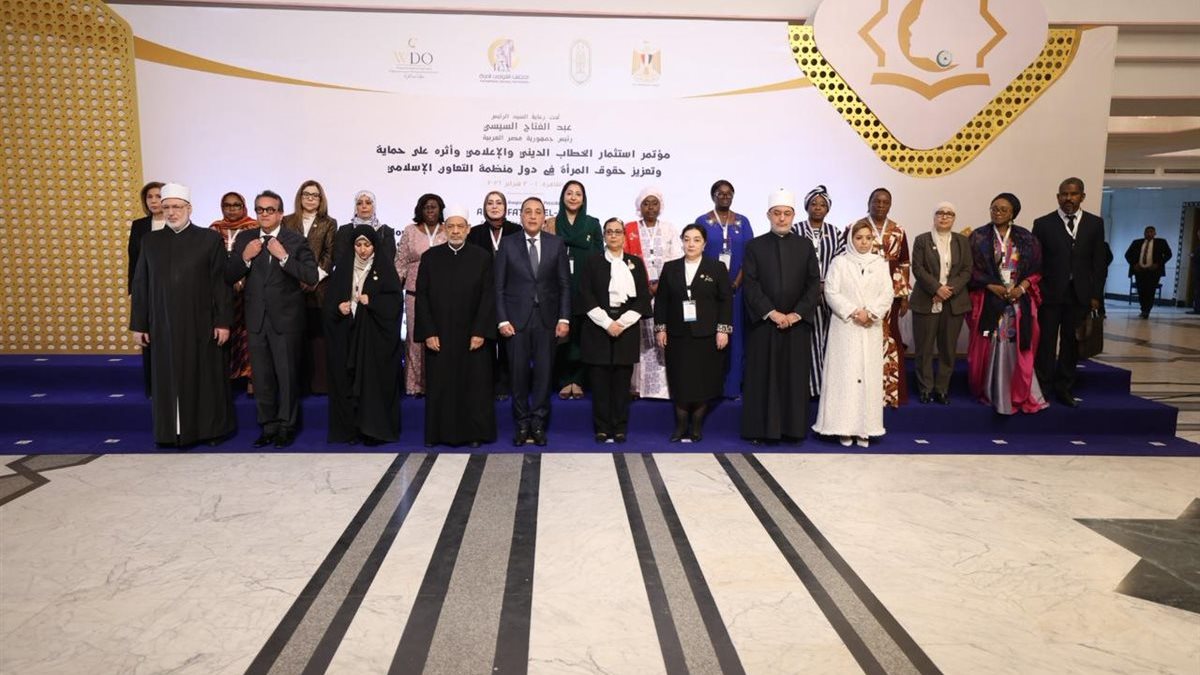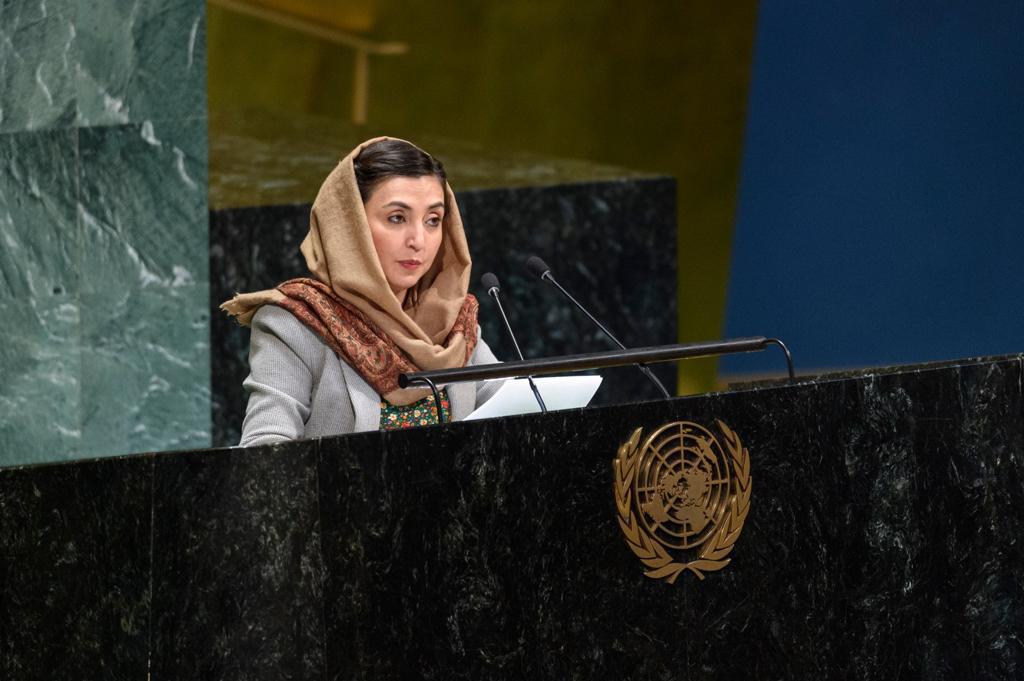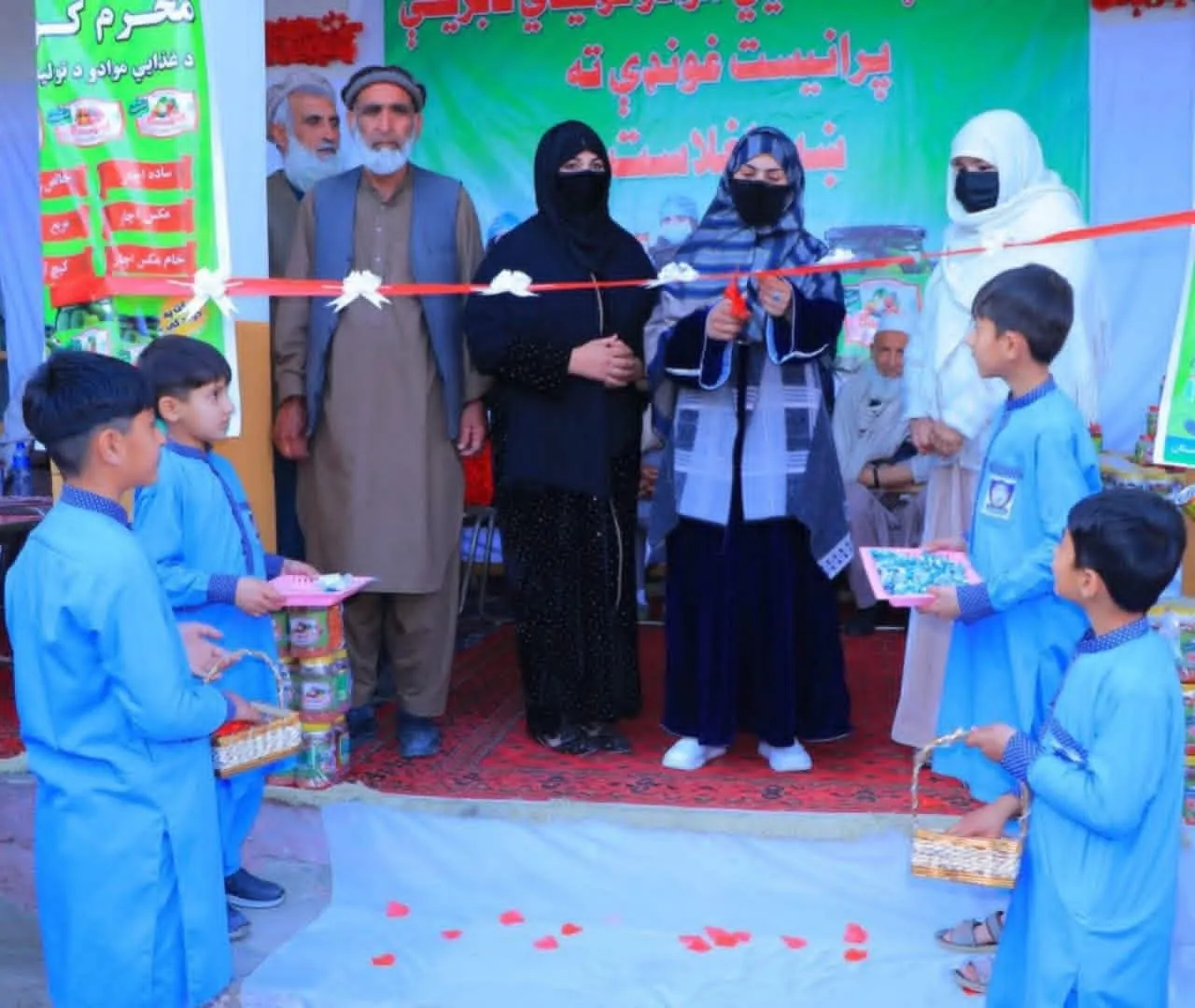
Local sources from Nangarhar province say that a young woman in Jalalabad, the capital of the province, has launched a food production workshop that produces items including pickles, jam, and ketchup, with the aim of creating job opportunities for women and girls who have been deprived of education. The source identified the woman as 22-year-old Shabnam Sapi and said that she established the workshop in her home in Jalalabad, the provincial capital. Speaking to local media, Shabnam Sapi said that she set up the workshop to promote the value of domestic products and handicrafts, and to provide employment opportunities for women and girls in need. She said that currently ten women and young girls are working alongside her in the workshop. She has called on the caretaker government to cooperate with her in domestic and international marketing so that she can expand her production and employ more women. This young woman established the production workshop at a time when, over the past more than four years, the current government has imposed restrictions on women and girls, banning them from working in government offices, domestic and international organizations, and the private sector. It should be noted that after taking control of Afghanistan, the current government barred women and girls from education and schooling. In its latest restriction, it also closed the doors of medical institutes to women and girls, despite the fact that the health sector across Afghanistan is facing a severe shortage of personnel. These actions by the current government have resulted in millions of female students being deprived of education. In addition, women have been banned from going to sports clubs, restaurants, and public bathhouses; from being examined by male doctors; from traveling without a male guardian (mahram); and from working in domestic and international non-governmental organizations and even United Nations offices in Afghanistan.

